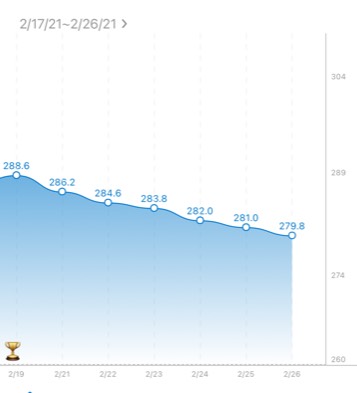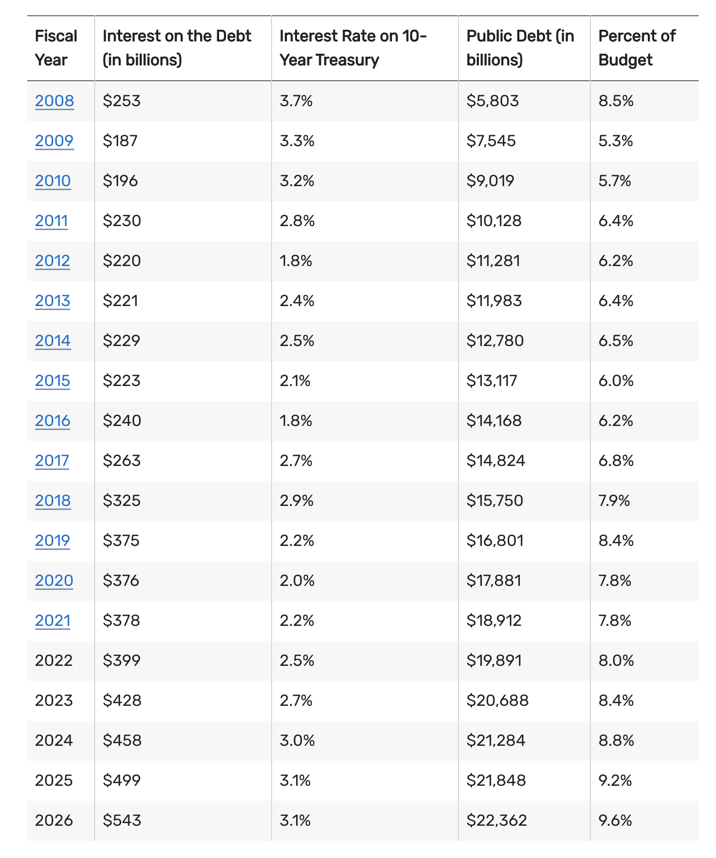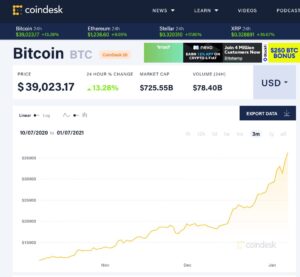After many decades of life I realized I have a food addiction, and I cannot trust myself when it comes to eating.
I quickly came up with this program that has allowed me to lose a respectable amount of weight in my first week.
I have a Chrome book in the kitchen with a Google Sheet with 3 tabs… Daily Log, Food Choices, and Archive.
I went through my pantry and refrigerator and listed all the foods in the house along with their calories and then put the info into the Food Choices sheet.
I log into the computer everything I eat into the Daily Log Sheet (date, time, food name and calories). At the end of the day I copy the daily log to the Archive sheet to view trends and average calories (currently about 1,200 calories per day).
When I am hungry I make a low-calorie choice from the Food Choices sheet. I end up getting hungry 6-8 times a day. Sometimes I eat a piece of cheese or two. Sometimes I eat a few pieces of turkey lunch meat.
What I have learned so far…
- You can’t trust yourself when it comes to food so you have to follow a program. It can be any program as long as it is not the “I’ll eat what I want when I want program.”
- The concept of eating 3 fairly large meals a day is not helpful. You will end up consuming a lot of calories in at least one of those meals.





